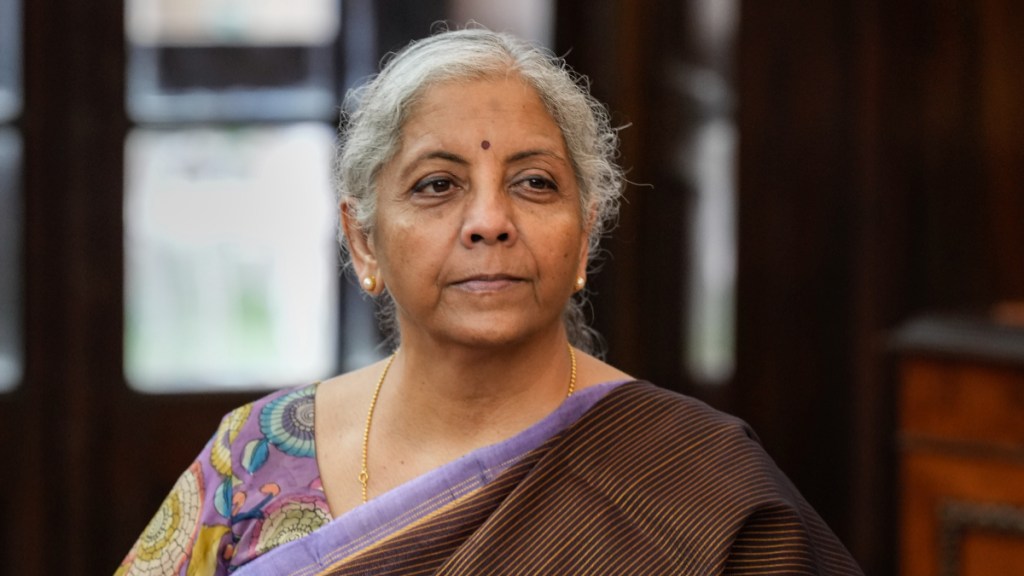Finance Minister Nirmala Sitharaman on Saturday said that inadequate access to developmental finance is hindering progress toward Sustainable Development Goals (SDGs) in developing economies and called for urgent action to address the estimated $4 trillion annual financing gap.
Speaking virtually at the third Voice of Global South Summit, Sitharaman said that recent reports indicate many SDGs in developing countries are stagnating, with some even regressing. “The SDG financing gap is estimated to be USD 4 trillion annually for developing countries,” she said.
Sitharaman highlighted that global uncertainties are affecting the Global South, with a recent World Bank report predicting that one in four developing countries will be poorer by the end of this year compared to pre-pandemic levels.
“Growth thus remains insufficient to drive progress in development and poverty reduction. To accelerate progress on SDGs, there is an urgent need to address the USD 4 trillion financing gap,” she added.
During India’s G20 presidency, the group recommended broader adoption of social impact instruments and blended finance tools, as well as monitoring and measurement frameworks and risk mitigation measures, she said.
“Our efforts also led to the G20 Sustainable Finance Technical Assistance Action Plan, which is now being implemented under the Brazilian presidency to build capacity for scaling up sustainable finance tailored to the needs of Global South,” Sitharaman said.
She stressed that growth is crucial for addressing economic and social challenges, creating a positive feedback loop where better economic performance leads to increased financial opportunities. “Our priority should be a people-centric growth path that empowers the most vulnerable and marginalised to participate in the development journey,” she stated.
Regarding multilateral development banks (MDBs), Sitharaman called for comprehensive reforms to enable these institutions to mobilise additional financial flows for developing countries.
She suggested considering fresh capital infusions, balance sheet optimisation, and financial innovations. “It is critical that the financing requests made to MDBs are met with speed and agility. This will require reforms, both at operational levels as well as identifying new additional sources of finance,” she said.
On concessional finance, she emphasised the importance of dedicated windows for middle-income countries to address climate-related challenges, while maintaining a priority for low-income countries.
For private capital mobilisation, Sitharaman urged MDBs to engage with credit rating agencies and explore incentives to boost private capital flow for development financing.
(With PTI inputs)
